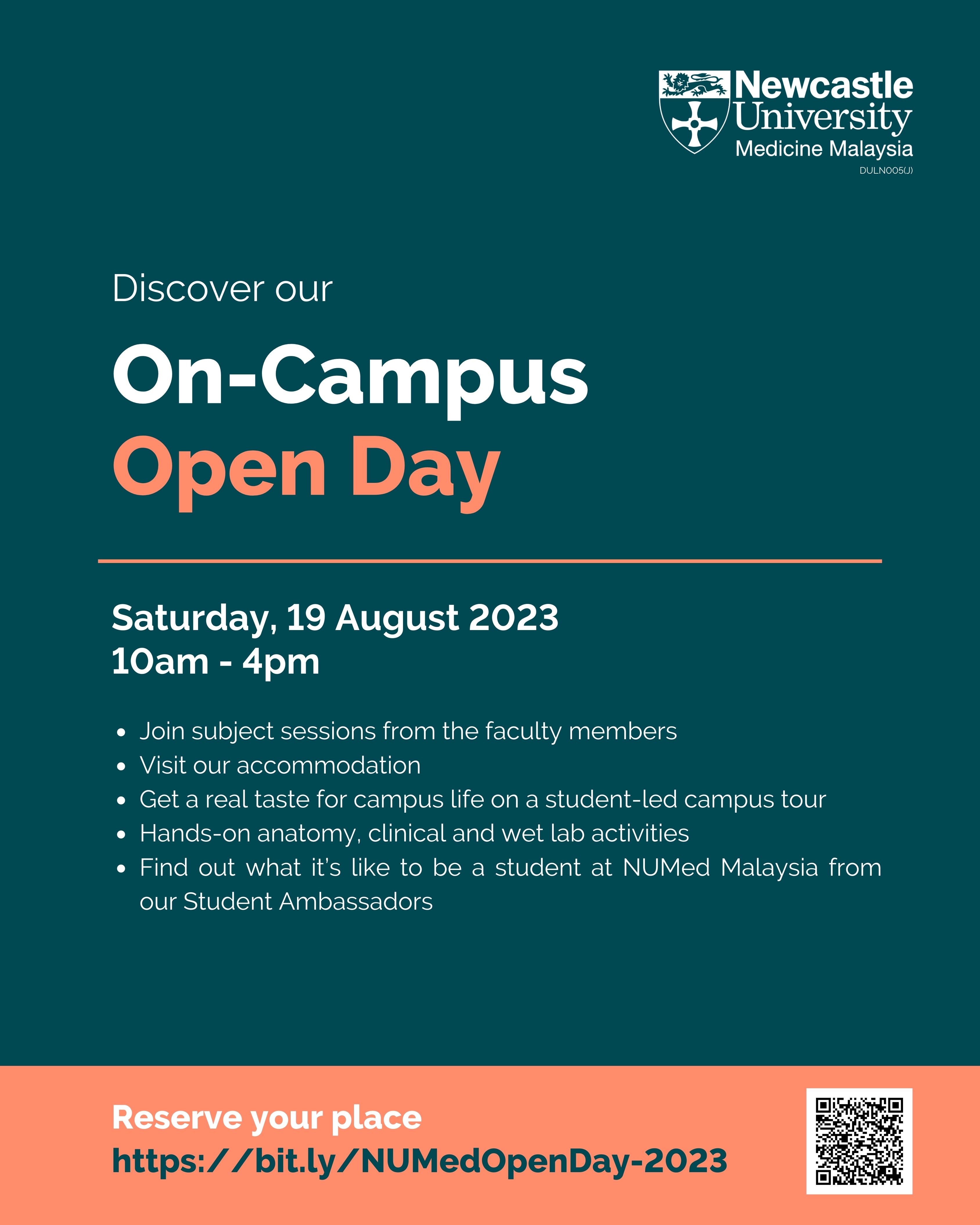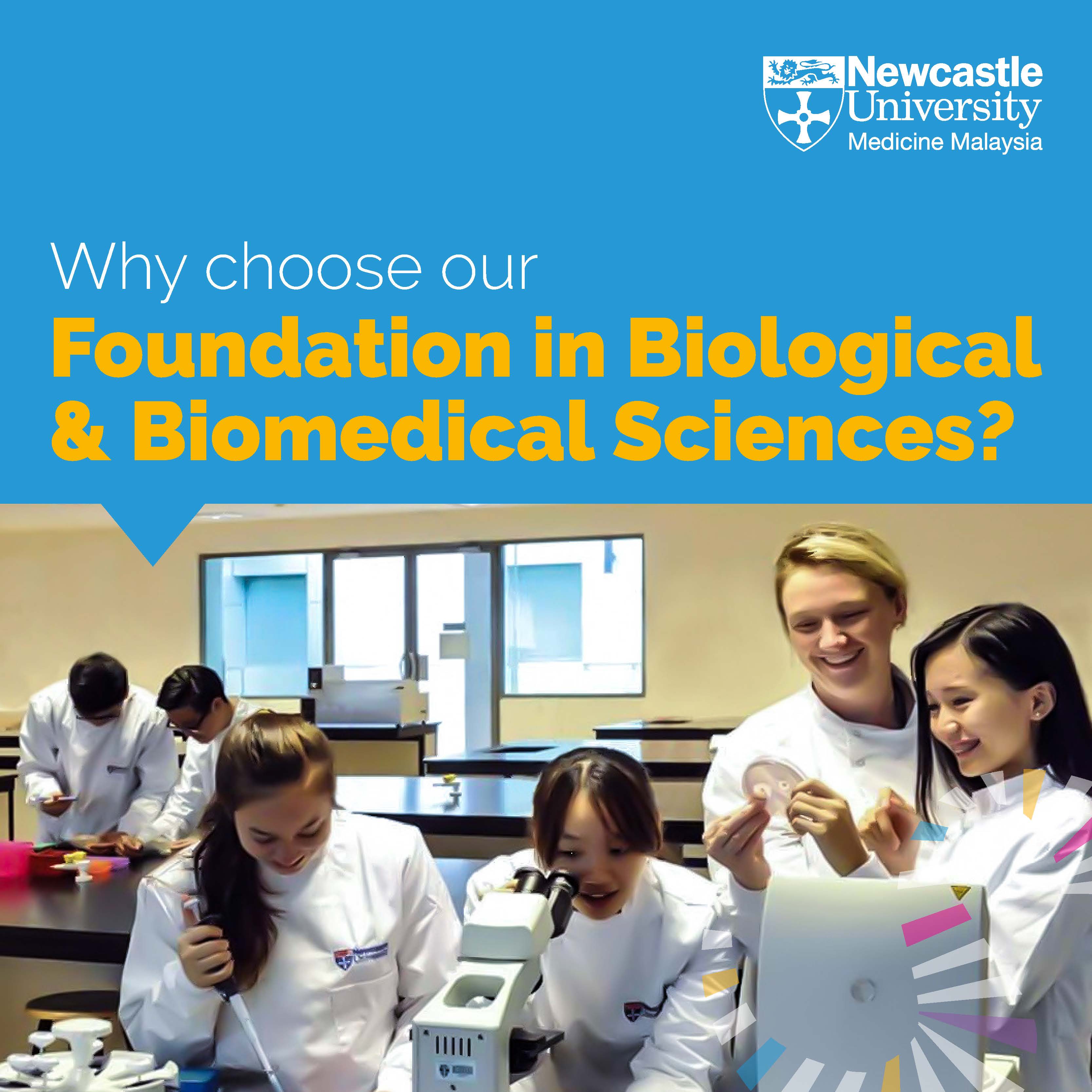OPTIONS AFTER SPM OR O LEVELS
While some students know for sure what they want to study, many others require some help in choosing the right course. Read on to find out how to begin your research on the right course for you.
If you have just completed your SPM and wish to pursue a university education, you may want to consider pre-university courses available. Popular ones include Form 6, A-levels, foundation courses, and Australian and Canadian matriculation programmes among others. Some students also choose to go into American degree programmes immediately after SPM. It helps to know where you plan to study upon completing your pre-university course. If you want to study in public universities, it is advisable to study Form 6 or the local matriculation programme. Do check out the latest requirements for specific public universities. Foundation courses prepare students for degree programmes offered by the same university. There are several types of foundation courses – there are general ones like arts and science foundation that allow you to go into a variety of arts- or science-based courses; there are also specific ones like business or engineering foundation that prepare you specifically for certain courses offered by the same university. If you want to study abroad, you can consider the A-level (generally accepted in the UK and other countries), Australian and Canadian matriculation programmes for Australian and Canadian universities respectively, and the American degree programmes if you wish to transfer to a university in the US. Colleges or universities that offer these programmes would also provide support for applications to universities in these countries as well because applications need to be made by the deadline in order to get into the next academic year. There are also options to study locally after completing these pre-university programmes as they are accepted by private colleges, university colleges and universities. The fees for these programmes range widely depending on the type of institution (whether public or private) and duration. At this point, it helps to know the general direction of the course you wish to study at university, whether it is arts-, science- or engineering-based. This is because some courses, particularly science- or engineering-based courses, require you to have studied certain subjects at pre-university. Generally, arts-based courses will accept students who have done science subjects at pre-university, but science- or engineering-based courses will require students to have studied science and math at pre-university. For more competitive courses (like medicine), you need above average results in your pre-university course to get in. If you already have a career in mind, you can begin your research on the course or courses that will lead you to this career. For example, if you want to be a lawyer, you can do an arts-based pre-university course, or even a foundation in law. Depending on the pre-university programme you choose, you can then apply to study law at a university that accepts the pre-university qualification. Besides the academic route, you can also consider professional courses such as accounting offered by professional accounting bodies directly or through their providers. This allows you to earn professional qualifications without having to go to university. There are also institutions that offer specific skills training in various areas such as hair, make-up, beauty, grooming, event planning, and other technical and vocational subjects that prepare you for work. These institutions may offer certificate or diploma qualifications in specific areas. Do check these out at the fair. Before we can make good decisions about a course of study to pursue, we need information on the options available for further studies. Do spend the necessary time and effort on finding the information you need so that you will be happy with your choice of a course.
Advices

Newcastle University Medicine Malaysia (NUMed) On-Campus Open Day
This is your chance to strategise your medical education roadmap!
Join us this 19th August 2023 on campus as we walk you through Newcastle University Medicine Malaysia (NUMed) and...

Why choose our Foundation in Biological & Biomedical Sciences?

Realise Your Passion For Health Sciences
Health sciences is a multidisciplinary field that includes biology, chemistry, psychology, sociology, epidemiology, and healthcare management. Its importance lies in its role to improve the health and wellbeing of individuals,...

A Diverse Educational Experience to Build a Global Perspective at NUMed
A diverse campus is essential in enhancing students’ experiences beyond academics. In addition to being able to glean different perspectives, learn from people of all walks of life and share...

2023 Scholarships for Pre-University and University Students
Now that you have completed your examinations, it’s time to plan for the next step of your education journey. There are many scholarship opportunities available for students applying to enter...
News from Institutions

TARCian Secures Placing to Compete at International Stage
Wei Xuen celebrating his remarkable victory at the EY Young Tax Professional of the Year (EY YTPY) 2025 Malaysia Competition.Once again, the country’s representative who will be competing in the...

Building Academic Knowledge into Competition-winning Robots
(From left) Dr Chiew, Hagrid Cheah Yu Wei (Bachelor of Mechatronics Engineering (Hons)), Y-Herng, Aingkaran, Ong Jun Shiang (Diploma in Product Development Technology), Jayden Mak Sew Liong (Diploma in Mechatronics...

TAR UMT Engineering Students Clinch First Place at Tech 4 Good Challenge
Three TARCians brought home the top prize in the Agriculture track of the Tech 4 Good Challenge (T4G) 2025. The national-level invention competition was held on 26 July 2025 at...

TAR UMT Team Strikes Gold at INDES 2025 with Sustainable Concrete Innovation
Wi Liam (left) and Zhi Qin (right), with their lecturer Ts Gunalaan, proudly holding up the block concrete and the Gold medal.On 26 June 2025, the 14th International Invention, Innovation...

TARCian Turns Personal Experience Into Award-winning Short Film
Award-winning filmmaker: Chun Chuan with the poster of her short film. Cha Chun Chuan has a deep passion to tell compelling and meaningful stories. Her latest narrative, a short film titled...









